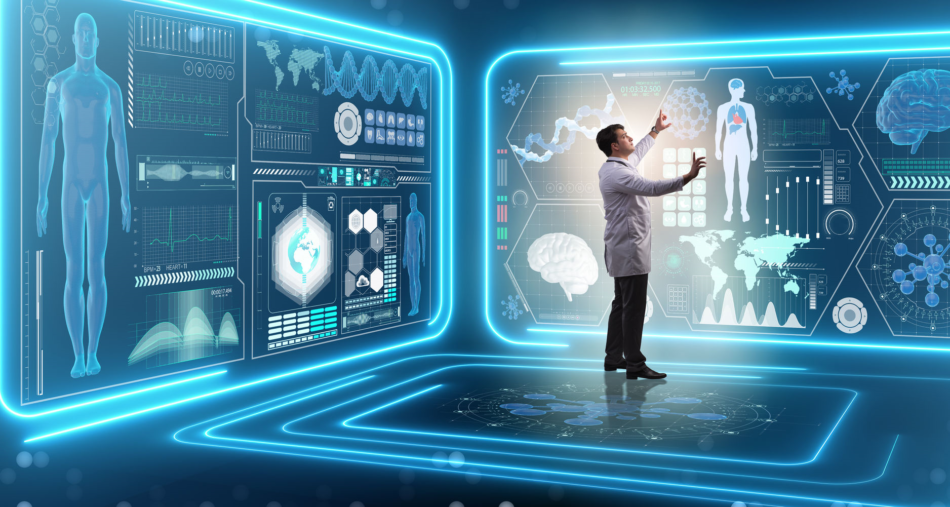Artificial Intelligence (AI) has contributed to developing many sectors significantly. It includes the popular healthcare sector having a purposeful impact on the delivery of healthcare systems. Many locum and GP jobs in Tasmania demand AI knowledge to get hired for a job. In a layman language, artificial intelligence can be termed as the development of computer systems to perform tasks that require human intelligence, such as speech recognition, visual perception, and decision making.
Medical Research
The research department can play along to find relevant information on the medical cases at hand. It is suggested in a research study that the amount of information doubles within the medical literature every three years. The new research data is produced at a rapid rate. AI applications will help medical professionals to research the most relevant information quickly, along with the current trials that may be useful in determining the patient’s medical condition.
Artificial Intelligence will contribute significantly to the way the professionals are trained and how they perform their jobs. Besides, it will generate more GP jobs and career options for IT professionals who will leverage AI products for the betterment of the medical industry. There are AI tools and programs that are currently in use and under development for the medical areas, such as imaging, diagnostics, and surgery. The use of AI is expected to make medical professionals perform their tasks in less time and with efficiency.
Medical Diagnostics
In terms of healthcare delivery, AI will significantly impact the diagnostic process. AI will help in diagnosing complex cases and find rare diseases relating to the scenarios where the expert professionals may face challenges determining symptoms, results, medical history, patients’ characteristics, and diagnostic images. It may be difficult to diagnose advanced symptoms early enough for a patient with pancreatic cancer. With AI-enabled detection methods, the diagnosis may become easy, and doctors can treat the symptoms early on. It is said to believe that AI could change treatment options and contribute to patients’ survival rates for different diseases.
What’s important to consider is that the use of an AI system will help healthcare professionals as they benefit from intensive training that results in better diagnosis. Medical professionals should be open to using AI technology to advance the healthcare setup that can add value in return. It goes the same for GP jobs, and doctors must include relevant information to achieve the desired results.
AI will seamlessly impact the physicians and radiologists who diagnose diseases. AI-enabled image analysis software will help the radiologists to spend less time screening images and contribute more towards making impactful decisions. On the other hand, it will help physicians with digital assistance to analyse medical images and contribute to the diagnosis and treatment process effectively.
Use this information to explore more on the AI-driven medical enhancements topics. If you’re looking to hire for GP jobs with knowledge of AI or searching for medical or GP jobs in Tasmania, MedFuture can help. It is a leading healthcare recruitment agency offering healthcare jobs in Australia.

